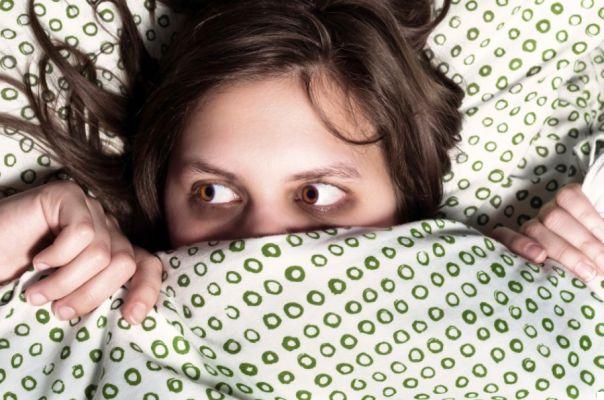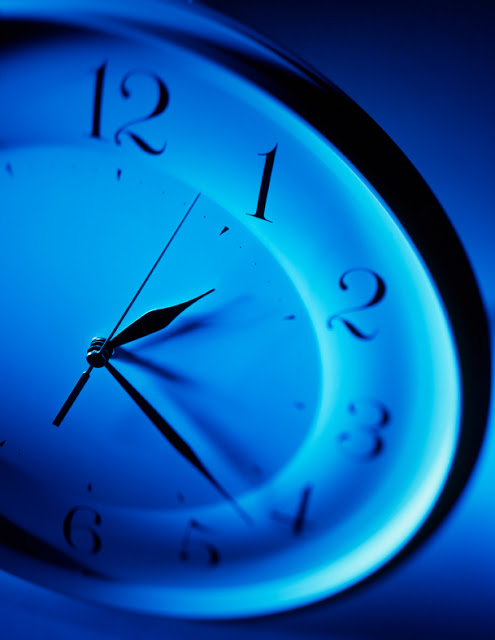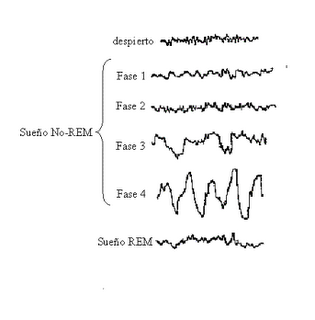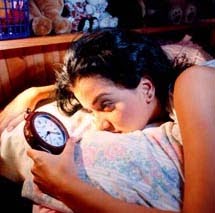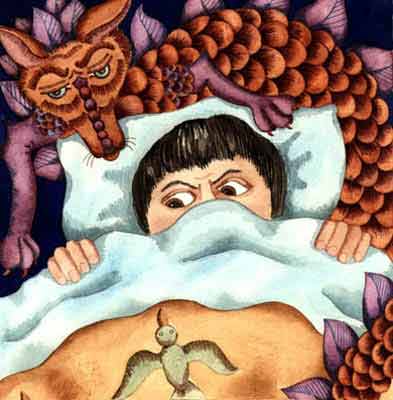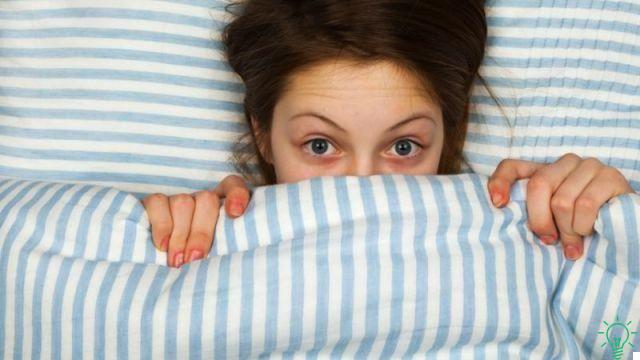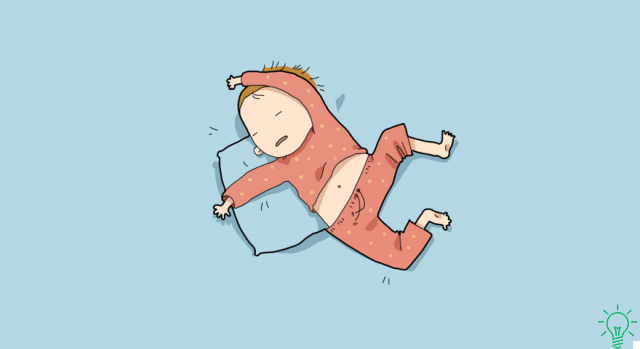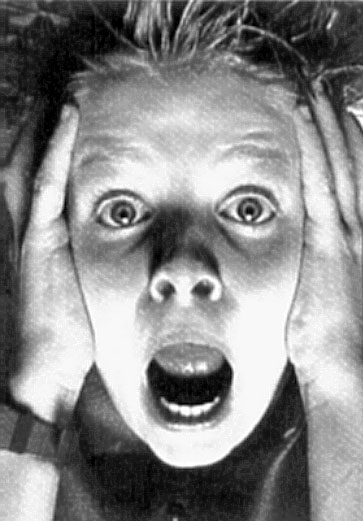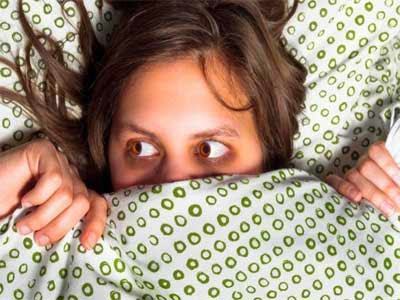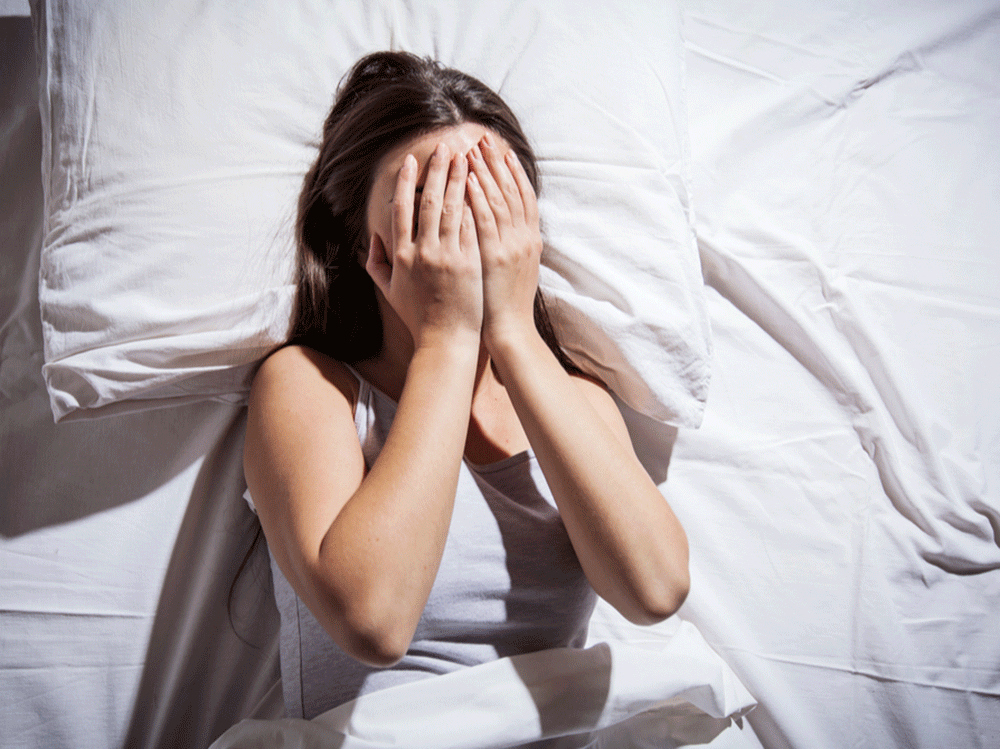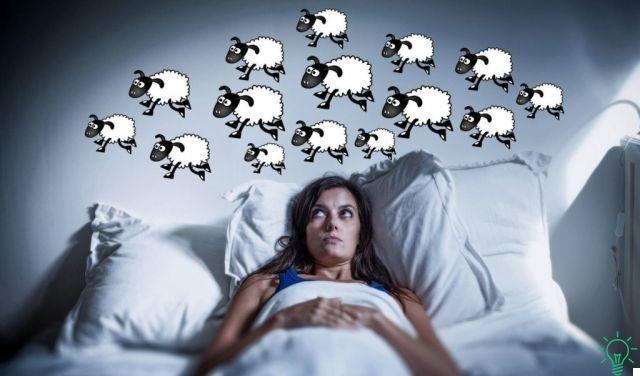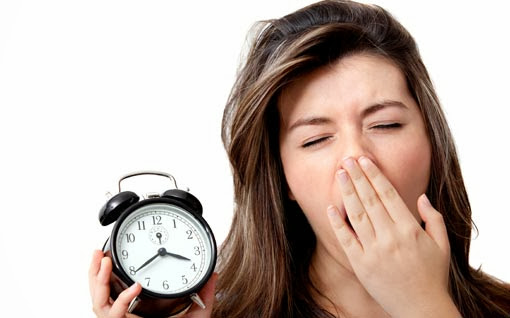
One of the strangest results to arise in
following some obesity studies is that people who sleep less tend to
gain weight more than others. This idea challenges the popular belief that
associates sleep with a sedentary lifestyle and obesity and that's not strange
wondering if the lack of sleep
alter our biology and this, in turn, affects ours
eating habits.
functional neuroimage sheds new light on this phenomenon. One of
these studies analyzed the effects of one night without sleep while the other
focused on evaluating the impact of sleep deprivation
for a week. Both studies measured brain activation
which was evident when people who had not slept came
show pictures of foods. The data from the two studies gave the same
Results: Lack of sleep causes certain areas (such as the cortex
cingolata anterior) involved in the cerebral mechanism of motivation, yes
unleash in front of the single image of a food. To fully understand
what does this mean, suffice it to say that a similar activation is observed in the
drug addicts when shown to
substance they are addicted to. In other words, the lack of sleep there
would make you respond in an exaggerated way in front of food, almost as if
we were addicted to them. But… what is the reason for this answer? The researchers suggest that the "blame"
of everything would be of our unconscious. That is, our brains know what food
it means calories and calories are transformed into energy, what we have
need due to lack of sleep. This idea is not entirely apparent
absurd and has been further confirmed by other studies. In fact, they are not
few neuroscientists think sleep deprivation works like
a red light to our autonomic nervous system, causing this
increases the levels of the hormone ghrelin (associated with appetite) and reducing
levels of the hormone leptin (associated with the feeling of satiety). Perhaps
these changes are identified by the motivational circuits and it is for
this is that we overreact to food. The teaching that transmits us in
this occasion the neurobiology is that we should sleep the hours necessary for the organism
to regain strength. This way we will not only eat less the next day
but we will also be more alert and less irritable.





